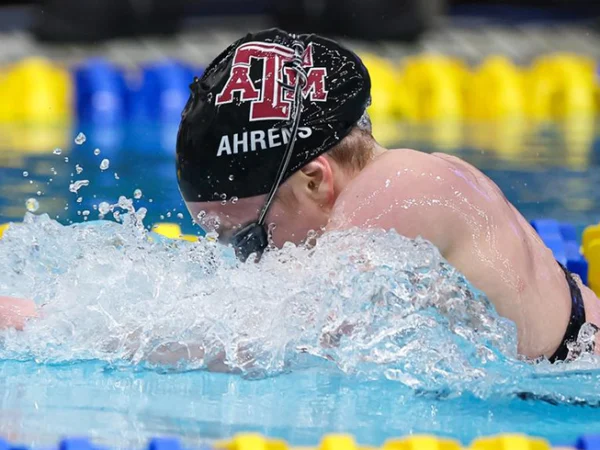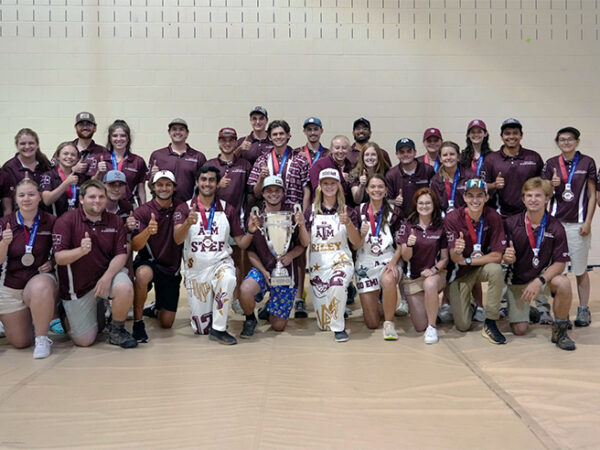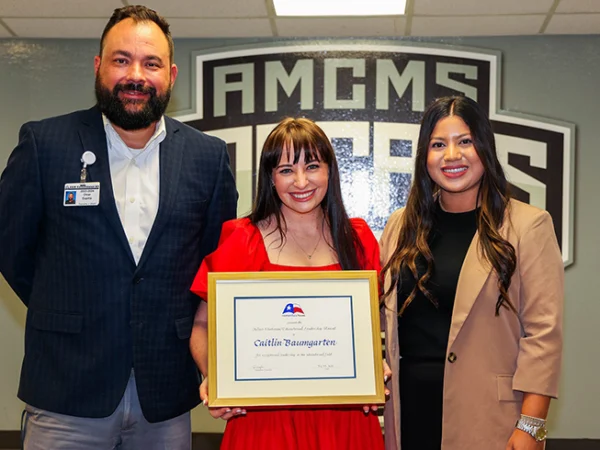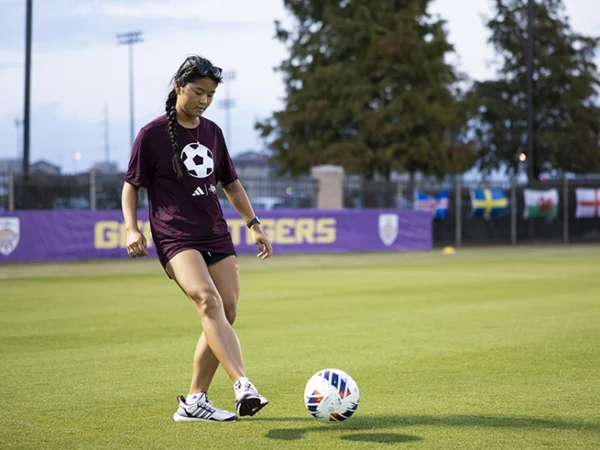From The Court To The Corner Office: Girls In Sport And Leadership
Girls that are raised running on the field might grow up to run companies as adults. Dr. Marlene Dixon, professor of sport management, said girls that participate in sports learn a number of skills that help them fulfill leadership roles in their adult life.
“When given some voice in their own participation, girls practice making timely decisions, recovering from failure, coordinating team members and setting and keeping schedules—just to name a few,” Dr. Dixon said. “These are all valuable leadership skills that can be transferred to other realms of their life.”
Girls that participate in sports are exposed to situations similar to workplace teams at a young age. They learn to communicate and cooperate with many different types of people, a key skill in workplace leadership.
“They typically learn to deal with both men and women, often having both male and female coaches, so they learn to communicate with both genders—this can provide them with valuable work skills when they enter a mixed gender context,” Dr. Dixon said.
Tearney Woodruff, an educational administration doctoral student, coached high school sports teams for five years prior to her current position as a Student Development Specialist. She said students’ most powerful example of what leadership is often comes from a coach they had on a sports team or acting as a sports team captain when they were younger.
“There are powerful lessons in sports that can’t be taught in a classroom. Working with other people on teams, and what you can learn from each other is a really transformative experience,” Woodruff said. “And I think students are learning that at a young age, before they’re even able to articulate it.”
Woodruff coached a student that went on to establish her own business after graduating from college. Her former student implements what she learned from sports in leading her business.
“I am seeing her apply a lot of lessons she learned as an athlete in her business model, she takes risks and isn’t afraid of what anybody is going to say,” Woodruff said.
Leadership roles often require a resilient disposition for difficult dialogues and everyday challenges to productivity. Sport participants often undergo rigorous physical and mental situations, building their resiliency and problem-solving skills.
Sports can provide valuable leadership skill-building opportunities, but sometimes girls are hindered by lack of opportunity to participate. Dr. Dixon said creating opportunities for girls to participate in sports is key to helping them find a sport they enjoy.
“They need to find sport that they can have early success, or they will turn their attention elsewhere,” Dr. Dixon said.
Dr. Dixon emphasizes that minimizing obstacles is key to increasing sport participation among girls. When the sport is more accessible, girls are more likely to join and experience benefits like leadership skills and social relationships.
“We need to create low barriers to entry, multiple options, and opportunities to gain other rewards from sports—e.g., social relationships, connections to other activities, opportunities to belong—than just winning,” Dr. Dixon said.
Dr. Dixon currently leads a team of researchers that are using basketball and mentoring to empower girls in Nairobi, Kenya. They are using basketball as a means to enhance the girls’ capacity and resilience—more key leadership skills that will be beneficial long term.
About the Writer
Heather is responsible for news coverage in the Department of Health and Kinesiology, as well as the Department of Educational Administration and Human Resource Development.
Articles by HeatherFor media inquiries, contact our Media Relations Coordinator, Ashley Green











